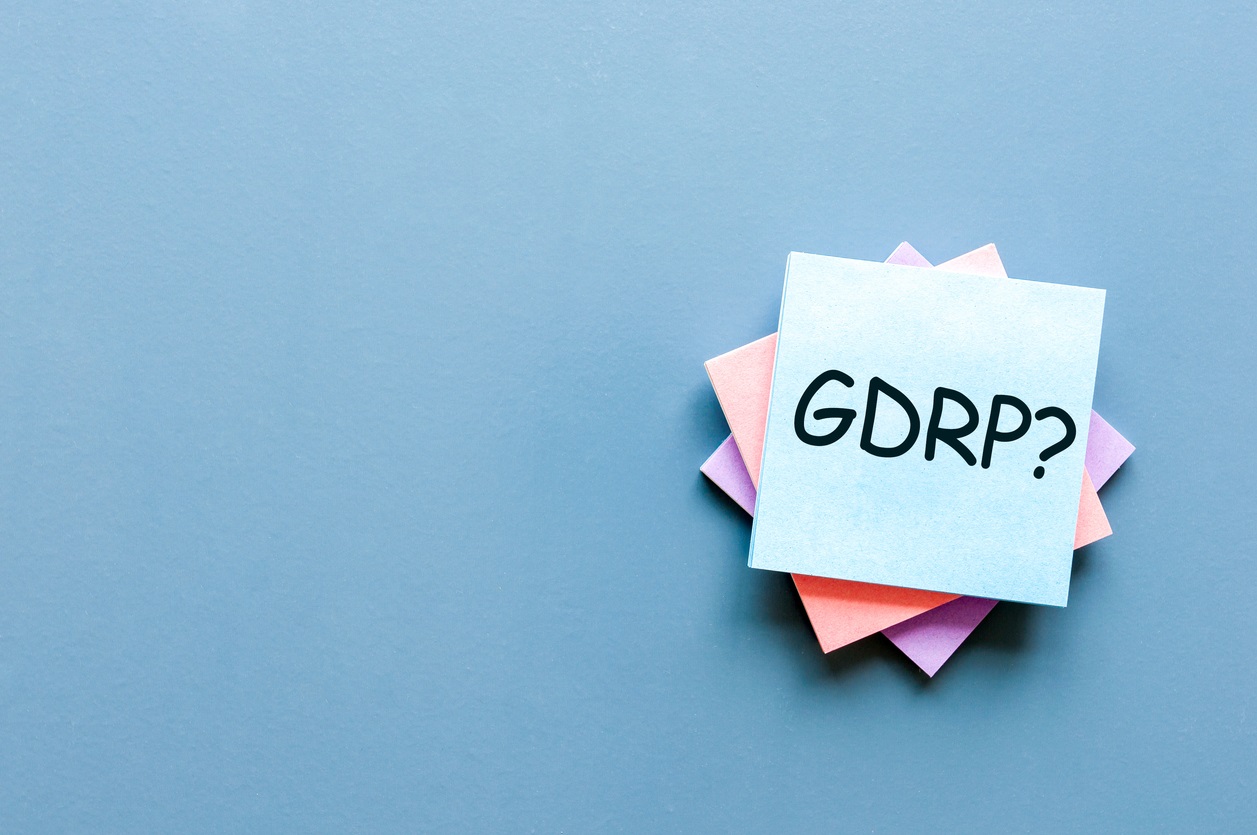Before GDPR came into effect, many expected an apocalyptic end for many industries that relied on access to personal data. For example, personal data is central to the marketing industry’s goal of understanding how customers interact with their content and platforms, and GDPR looked to take marketing back to the Stone Age. But now GDPR is here — and has it brought about the end of days that many expected?
First, The Bad News…
GDPR May Hamper Police Investigations
While GDPR’s intent was to protect the rights of individuals, this new legislation has had a major downside for police. For example, where police once had easy access to the Whois service to easily identify and track down domain owners, this service has been found to be in violation of GDPR. The owners of the service, ICANN, have developed an alternative layered system as a temporary solution, but there’s no doubt that the previous system was much more useful to law enforcement.
GDPR Is Expensive
Companies across the world have scrambled (and continue to scramble) to ensure their systems are compliant. Bloomberg estimates this total cost to be at $7.8 billion for the top 500 companies across the globe, with Forbes reporting that it’s cost US companies $7.8 billion and their UK counterparts $1.1 billion.
Some Companies Have Been Hit Harder Than Others
As we highlighted above, the costs associated with GDPR are high. While this does mostly affected a number of small to medium businesses, companies across the board have had to reassess their position in Europe. For some this meant taking steps to comply with the new legislation — a costly exercise which has been compounded as more individuals lay complaints with the respective legislative bodies — while for others this has meant closing down shop in the region or closing down entirely.
But Every Cloud Has A Silver Lining
Better Quality Data
With greater restrictions on how you can gather personal data, GDPR has actually opened up the opportunity for businesses to shift their focus on data from quantity to quality.
Data Processors Will Be As Responsible For Data As Data Controllers
Under GDPR legislation, data processors will be as liable as data controllers should anything go wrong, sharing the responsibility for data protection more fairly. Data controllers will need to more selective when it comes to data processors as a result, choosing only those that are compliant with GDPR to avoid crippling fines.
More Security & Privacy For Individuals
Before GDPR, companies could easily hide unscrupulous practices behind complicated language and jargon. Under GDPR, companies need to use simple, easy to understand language to describe exactly what users are signing up for.
Also, thanks to increased responsibility placed on all companies involved in the data gathering and management process, businesses will need to take greater steps to improve their cybersecurity.
The EU Is A Leader In Data Protection, & The US Will Likely Follow Suit
The EU has set the pace when it comes to data protection, which has come as a welcome relief to many, particularly after the Cambridge Analytica data scandal brought online privacy into the spotlight.
As a result of this, US congress is now thinking about implementing their own equivalent of GDPR, and many support this, including Apple’s own Tim Cook.
Love It Or Hate It, GDPR Is Here To Stay
We are still in the early days of GDPR, and no matter what your opinion on the data protection regulations may be, it is setting a clear direction for others to follow in the near future.
The right telemarketing and marketing partner can help companies that are looking to thrive in this unfamiliar new world. GCL Direct is a B2B agency with over 27 years of experience in the telemarketing and marketing space, and can provide you with the services you need while ensuring you never fall foul of GDPR. For more information on who we are, what we do, and how we can help you, please contact us today.








